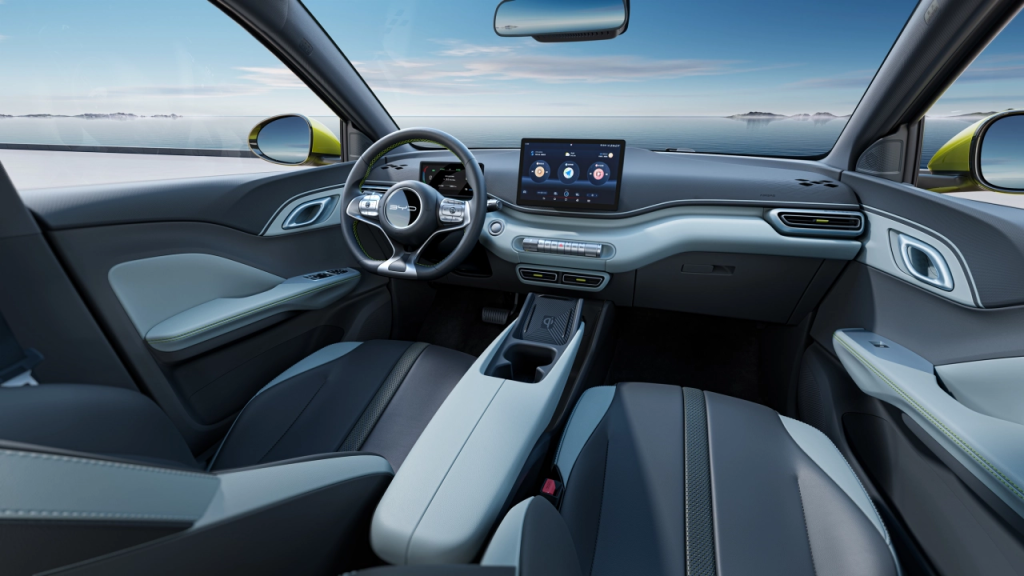Electric vehicles (EVs) are paving the way for a cleaner, more sustainable future, and emerging markets like Brazil are stepping into the fast lane. Did you know that Brazil, one of the largest automotive markets in the world, saw a 29% increase in electric vehicle sales in 2022? This surge underscores the country’s growing commitment to sustainable mobility. In this article, we’ll explore the burgeoning electric vehicle market in Brazil, highlight the key players and developments, and offer insights on how Brazil is setting an example for other emerging markets. You’ll discover the current landscape of EV adoption, challenges faced, and the exciting future that lies ahead for Brazil’s green transportation revolution.
The Rise of Electric Vehicles in Brazil
Government Initiatives and Policies
Brazil’s government has played a pivotal role in accelerating the adoption of electric cars. Key initiatives include:
- Tax Incentives: Reduced import duties for electric vehicles and components have made EVs more accessible to Brazilian consumers.
- Regulations: Policies promoting the electrification of public transport fleets in major cities like São Paulo and Rio de Janeiro.
- Investment in Infrastructure: The Brazilian government aims to increase the number of charging stations, with a target of 30,000 public chargers by 2025.
These initiatives, supported by international sources like Bloomberg Green and Reuters Mobility, reflect Brazil’s commitment to reducing carbon emissions and promoting sustainable transportation alternatives.
Key Players in the Brazilian EV Market
Several automotive giants are making their mark in Brazil’s electric vehicle market:
- BYD: The Chinese automaker has been proactive in Brazil, particularly in the electric bus sector. BYD’s commitment to local production and affordable pricing has made it a leader in the public transport segment.
- Volkswagen: With its ID.4 model, Volkswagen has captured the attention of Brazilian consumers, offering a blend of performance and practicality.
- Nissan: The Nissan Leaf, one of the world’s best-selling electric cars, has found a niche market in Brazil due to its reliability and advanced features.
These brands, alongside local startups, are driving innovation and competition, encouraging a more robust EV ecosystem in Brazil.
Challenges in EV Adoption
Despite the positive trends, Brazil faces several challenges in its journey toward widespread EV adoption:
- High Costs: The initial purchase price of electric vehicles remains a barrier for many consumers.
- Limited Charging Infrastructure: Although the number of charging stations is increasing, the current infrastructure is still insufficient to support a large-scale transition to electric vehicles.
- Consumer Awareness: Many Brazilians are still unfamiliar with the benefits of electric vehicles, highlighting the need for education and outreach initiatives.
Efforts by organizations like CleanTechnica and InsideEVs to raise awareness and share success stories are crucial in overcoming these challenges.
Practical Tips for Embracing Electric Vehicles in Brazil
How to Charge Your EV in Brazil
Charging your electric vehicle in Brazil is becoming more convenient with the expansion of charging networks. Here are some tips to ensure a smooth experience:
- Plan Your Route: Use apps like PlugShare to locate the nearest charging stations and plan your journey accordingly.
- Home Charging: Invest in a home charging station for convenience and cost savings. This is especially useful in areas with limited public chargers.
- Fast Charging Networks: Take advantage of fast charging options at shopping malls and service stations to reduce wait times.
Where to Buy Electric Vehicles
When considering purchasing an EV in Brazil, here are some options:
- Authorized Dealerships: Visit official dealerships for brands like Volkswagen, Nissan, and BYD to explore their latest models.
- Online Platforms: Consider platforms like OLX and Webmotors for both new and pre-owned electric vehicles.
- Government Auctions: Occasionally, the government auctions off electric vehicles from their fleet, providing an affordable entry point for interested buyers.
What to Compare When Buying an EV
When choosing an electric vehicle, consider the following factors:
- Range: Ensure the vehicle meets your daily commuting needs without frequent charging.
- Maintenance Costs: Electric vehicles generally have lower maintenance costs than traditional cars, but it’s important to compare service packages.
- Technology Features: Look for advanced safety and connectivity features that enhance your driving experience.
Conclusion: Brazil’s Electric Future
Brazil is undoubtedly charging ahead in the electric vehicle race, setting an example for other emerging markets to follow. As infrastructure improves and costs decrease, the adoption of electric vehicles in Brazil is poised to accelerate further, contributing significantly to global sustainability efforts. For readers interested in joining this green revolution, now is an opportune time to explore electric vehicles. What do you think the future holds for electric cars in Brazil? Share your thoughts and stay tuned for the latest updates in this exciting journey towards a cleaner, greener world.

